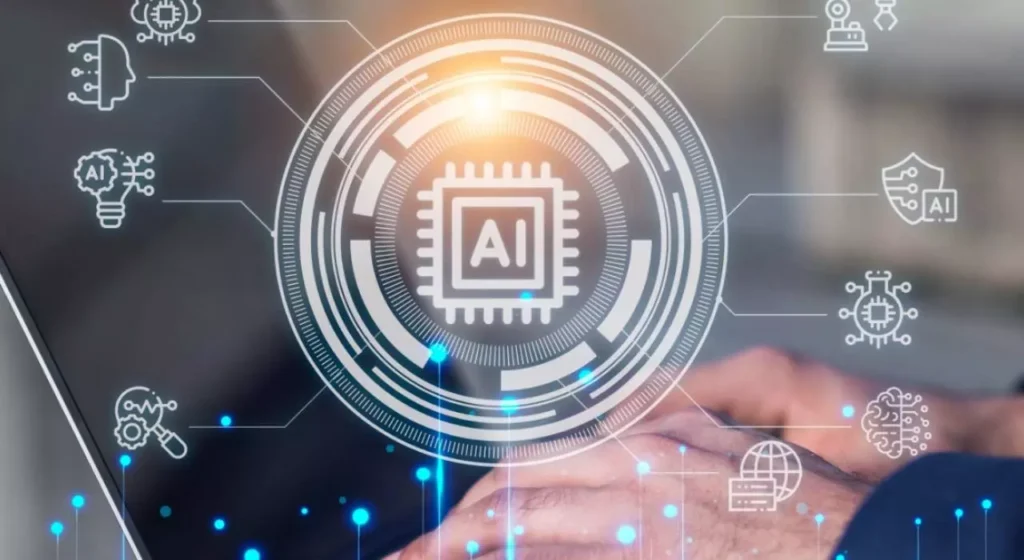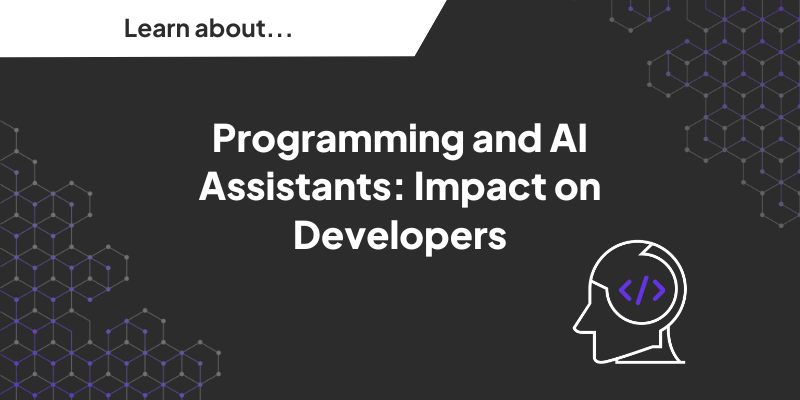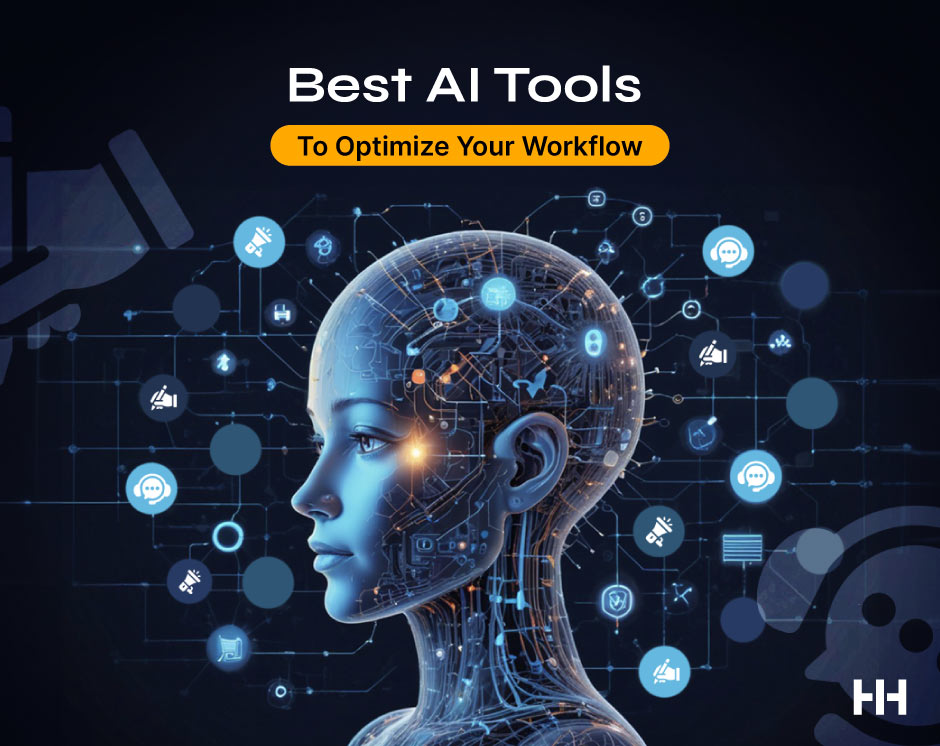AI is playing a transformative role in programming by automating tasks, improving code quality, enhancing productivity, and enabling innovative solutions. Here’s how AI impacts programming:
1. Code Assistance
- AI Code Generators: Tools like GitHub Copilot, ChatGPT, and TabNine use AI to suggest and generate code snippets, functions, or even entire programs based on a prompt.
- Syntax Correction: AI identifies and corrects syntax errors in real-time, improving code accuracy.
- Autocomplete Features: AI-powered IDEs like IntelliJ IDEA and Visual Studio Code provide context-aware code completion.
2. Debugging and Error Detection
- Automated Bug Detection: AI tools analyze code to identify potential bugs, vulnerabilities, and inefficiencies.
- Error Predictions: AI predicts where errors are likely to occur based on historical data and patterns.
- Instant Fix Suggestions: Tools like DeepCode and Snyk provide solutions for detected issues, saving time.
3. Automating Repetitive Tasks
- Code Refactoring: AI can automatically improve existing code structure without altering functionality.
- Test Case Generation: AI generates unit tests and test scenarios to ensure software reliability.
- Build and Deployment Automation: AI integrates with CI/CD pipelines to streamline development and deployment processes.
4. Enhancing Software Development Life Cycle (SDLC)
- Requirement Analysis: AI tools analyze user requirements and translate them into development tasks.
- Project Management: AI-powered platforms like Jira and Monday.com optimize task allocation, track progress, and predict deadlines.
5. Personalized Learning and Training
- AI-driven platforms like LeetCode and CodeSignal adapt learning materials based on individual progress, helping programmers upskill efficiently.
6. Intelligent Search
- AI simplifies finding relevant solutions by offering intelligent search features in platforms like Stack Overflow, forums, and documentation.
7. Natural Language Programming
- AI enables developers to write code using natural language prompts, making programming more accessible to non-coders. Tools like OpenAI Codex and GPT-based systems translate plain English into executable code.
8. Predictive Analysis
- Performance Optimization: AI predicts potential performance bottlenecks in code and suggests optimizations.
- Resource Management: AI forecasts resource usage, improving efficiency in cloud-based applications.
9. Security Enhancements
- AI detects vulnerabilities in real-time, such as SQL injection risks, cross-site scripting (XSS), and insecure APIs.
- It monitors codebases for compliance with security best practices and regulations.
10. Enabling New Paradigms
- AI-Driven Development: Machine learning models help developers build intelligent applications, such as chatbots, recommendation systems, and predictive analytics tools.
- Generative Design: AI creates innovative solutions for software architecture and user interface design.
Popular AI Tools for Programming
- GitHub Copilot: AI-based code generation and assistance.
- DeepCode: AI for code analysis and debugging.
- Kite: AI-powered autocomplete for Python and other languages.
- PyCharm with AI Assist: AI-driven features in Python programming.
Benefits of AI in Programming
- Increased Productivity: Automates repetitive and time-consuming tasks.
- Improved Code Quality: Identifies and fixes issues early in development.
- Accelerated Learning: Helps beginners and professionals learn new languages and frameworks.
- Cost Efficiency: Reduces development time and effort.



